Russian propaganda has a long and complex history, dating back to the Soviet era. In recent years, it has become increasingly sophisticated and influential, utilizing a range of techniques to shape public opinion both domestically and internationally.
Key Techniques of Russian Propaganda
- Disinformation: The deliberate spread of false or misleading information to deceive the public.
- Propaganda by Deed: Using actions, such as military interventions or cyberattacks, to shape public opinion.
- Astroturfing: Creating the illusion of grassroots support for a particular idea or cause.
- Whataboutism: Deflecting criticism by accusing the accuser of similar or worse behavior.
- Framing: Shaping public opinion by presenting information in a particular way.
The Role of State Media
State-controlled media outlets, such as RT and Sputnik, play a crucial role in disseminating Russian propaganda. These outlets often present a distorted view of reality, promoting the Kremlin’s narrative and attacking Western democracies.
Impact of Russian Propaganda
Russian propaganda has had a significant impact on global politics and society. Some of the key effects include:
- Polarization of Public Opinion: Russian propaganda has contributed to the polarization of public opinion in many countries, exacerbating social and political divisions.
- Erosion of Trust in Institutions: By undermining trust in traditional media outlets and government institutions, Russian propaganda has weakened democratic processes.
- Undermining Democratic Elections: Russian interference in foreign elections has been documented, with the aim of influencing the outcome and sowing discord.
- Promoting Authoritarian Ideologies: Russian propaganda often promotes authoritarian ideologies and nationalist narratives.
Countering Russian Propaganda
Countering Russian propaganda requires a multifaceted approach, including:
- Media Literacy: Educating the public about the techniques of propaganda and how to identify misinformation.
- Fact-Checking: Verifying information and debunking false narratives.
- International Cooperation: Collaborating with other countries to coordinate efforts to counter Russian propaganda.
- Strengthening Democratic Institutions: Promoting democratic values, free speech, and independent media.
By understanding the techniques and impact of Russian propaganda, we can better equip ourselves to defend against its influence and promote a more informed and engaged citizenry.
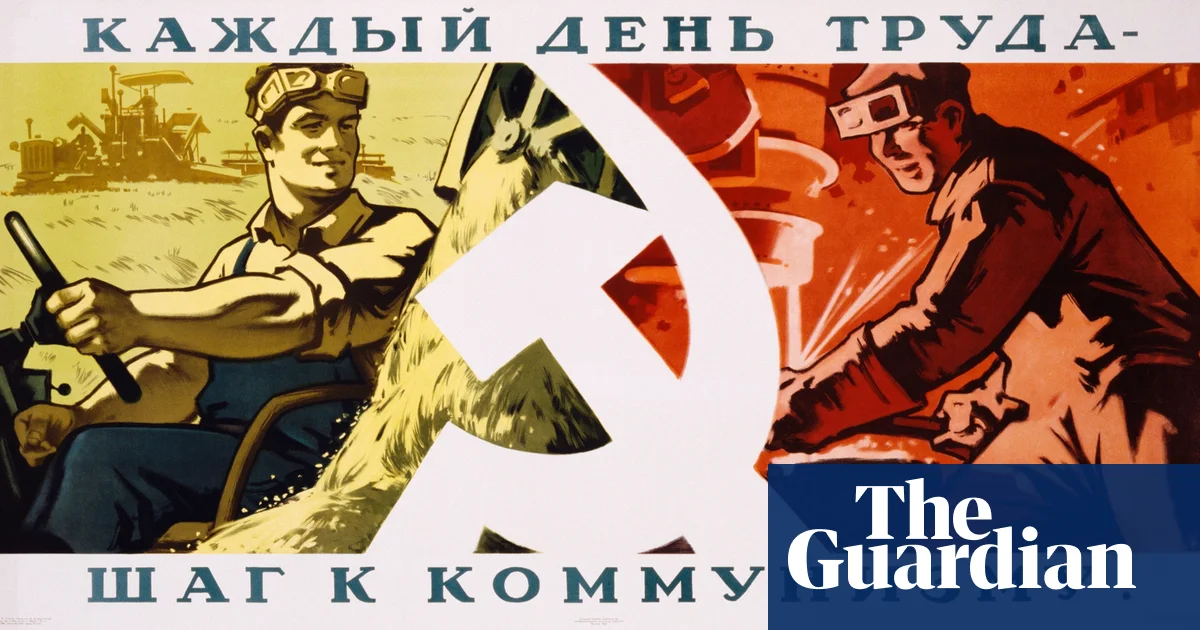
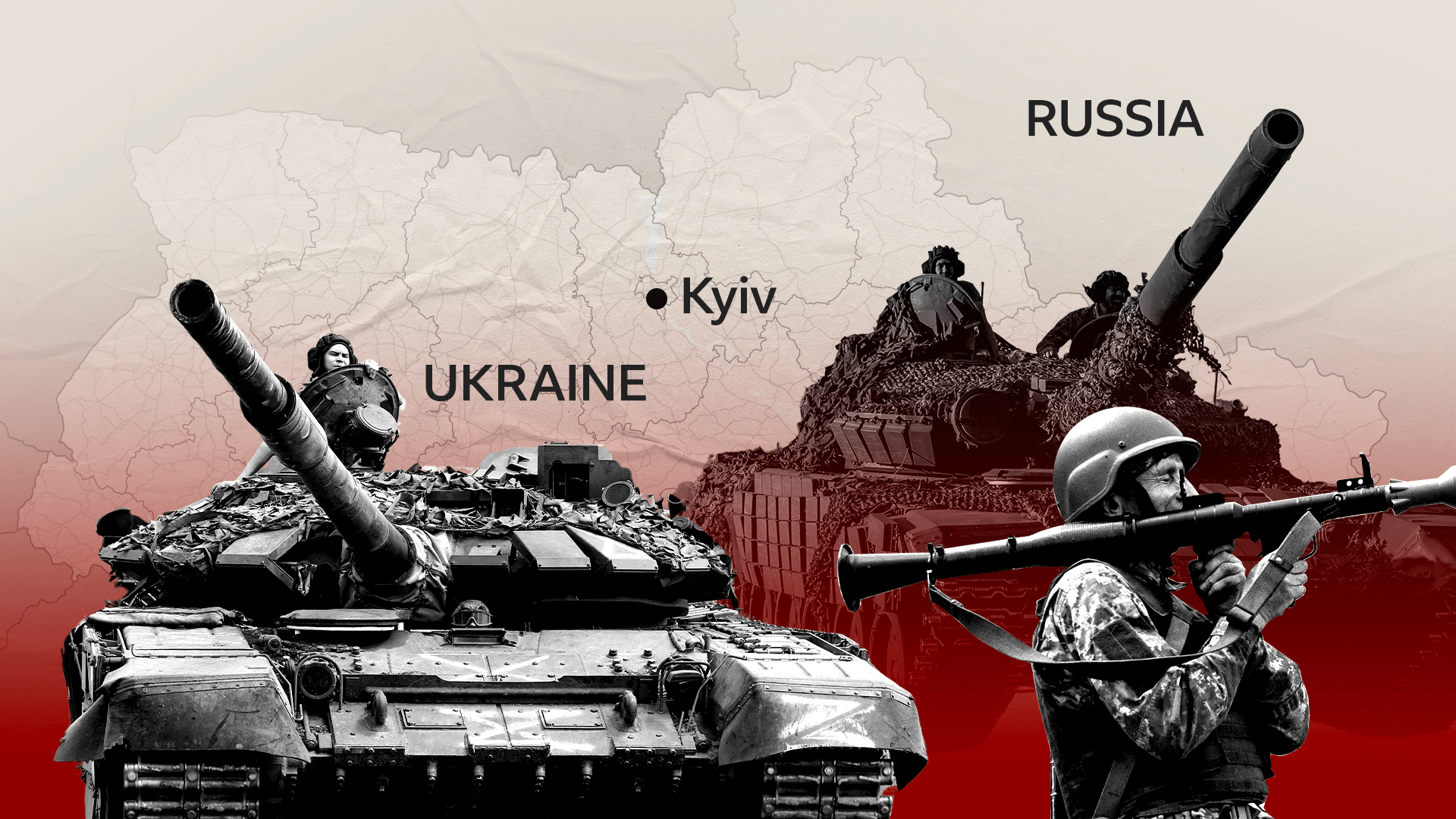

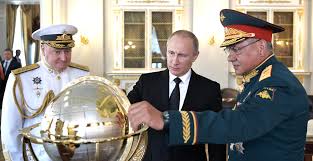

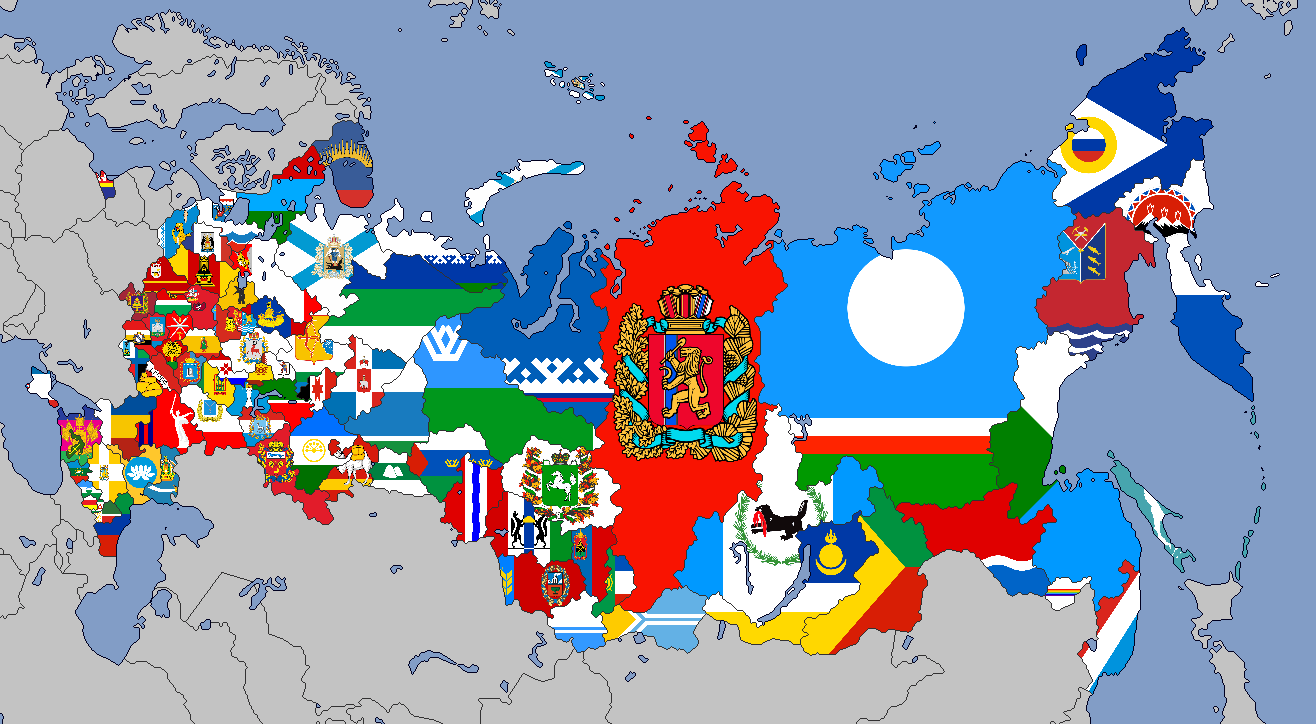
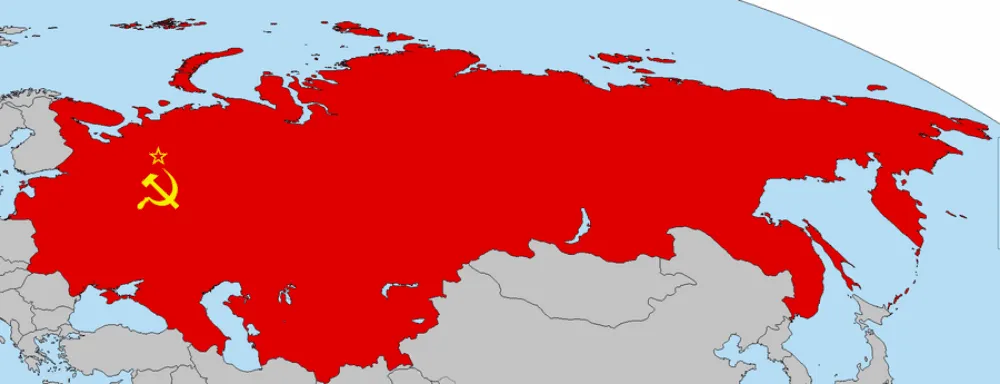
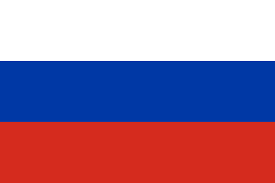
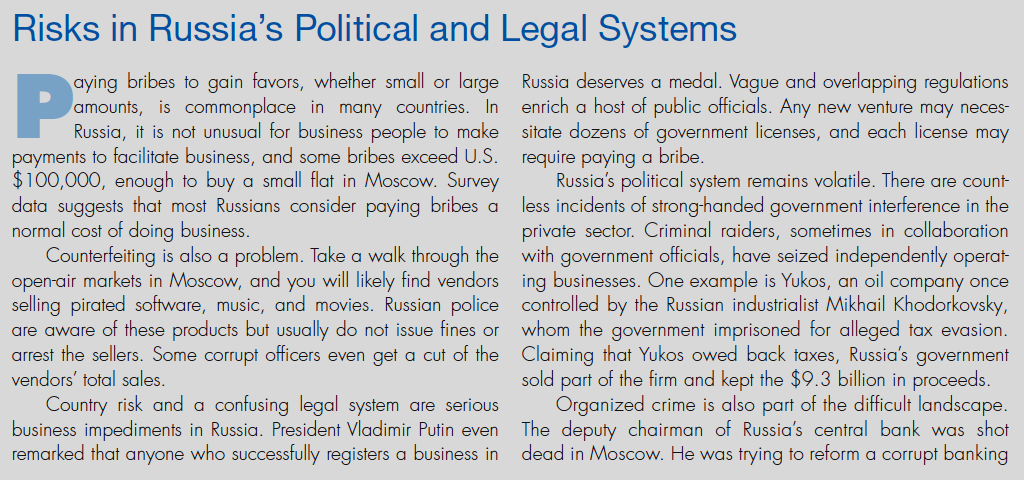
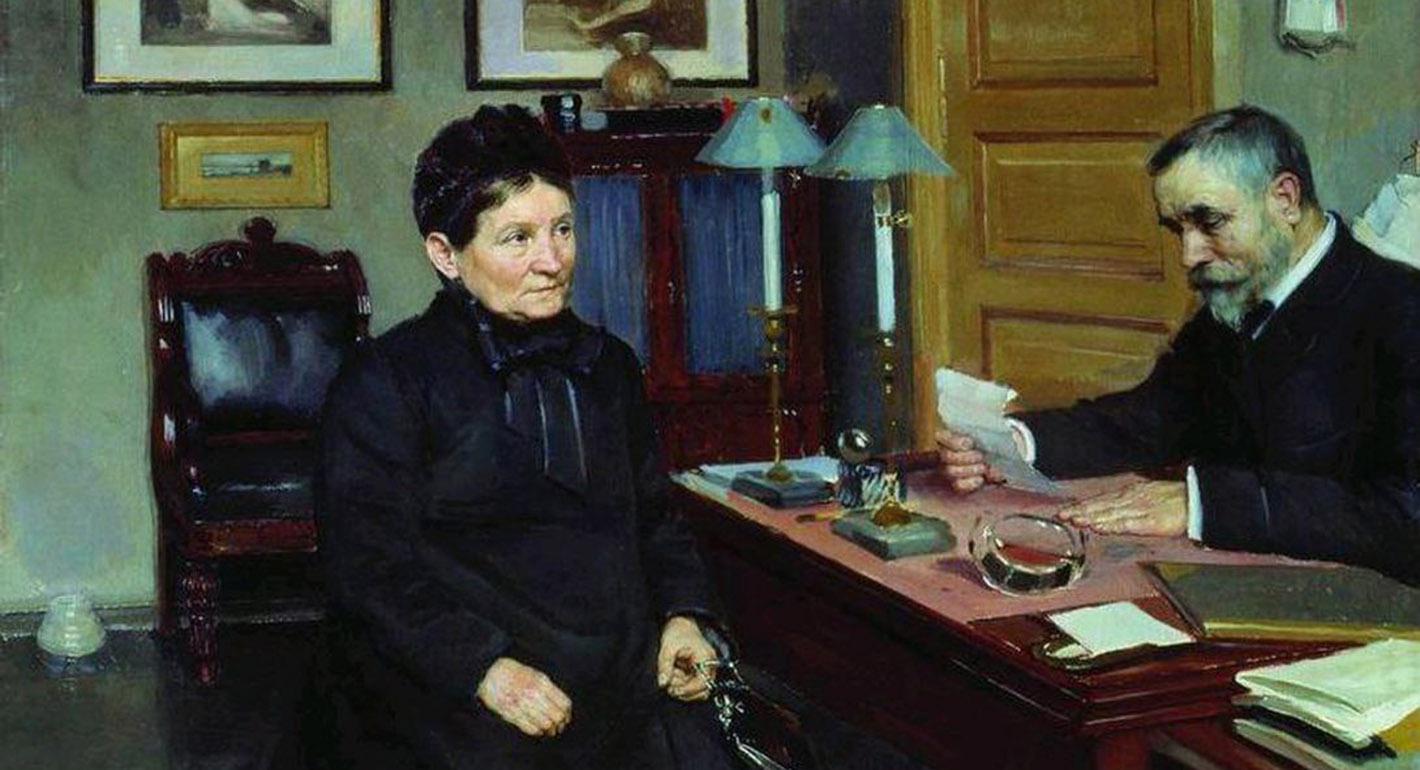
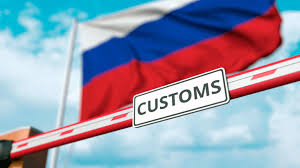
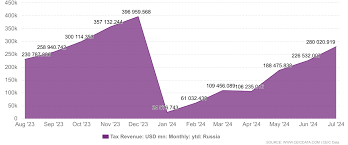
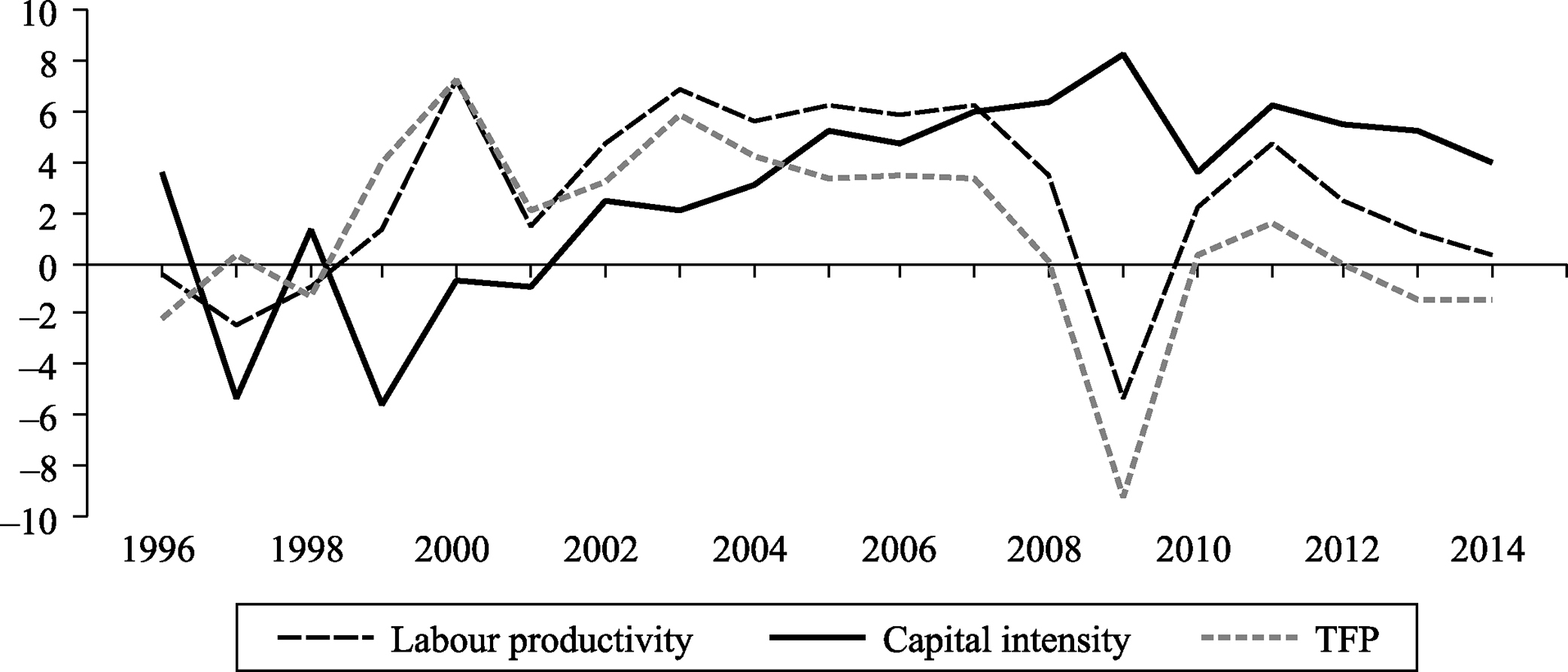
Leave a Reply